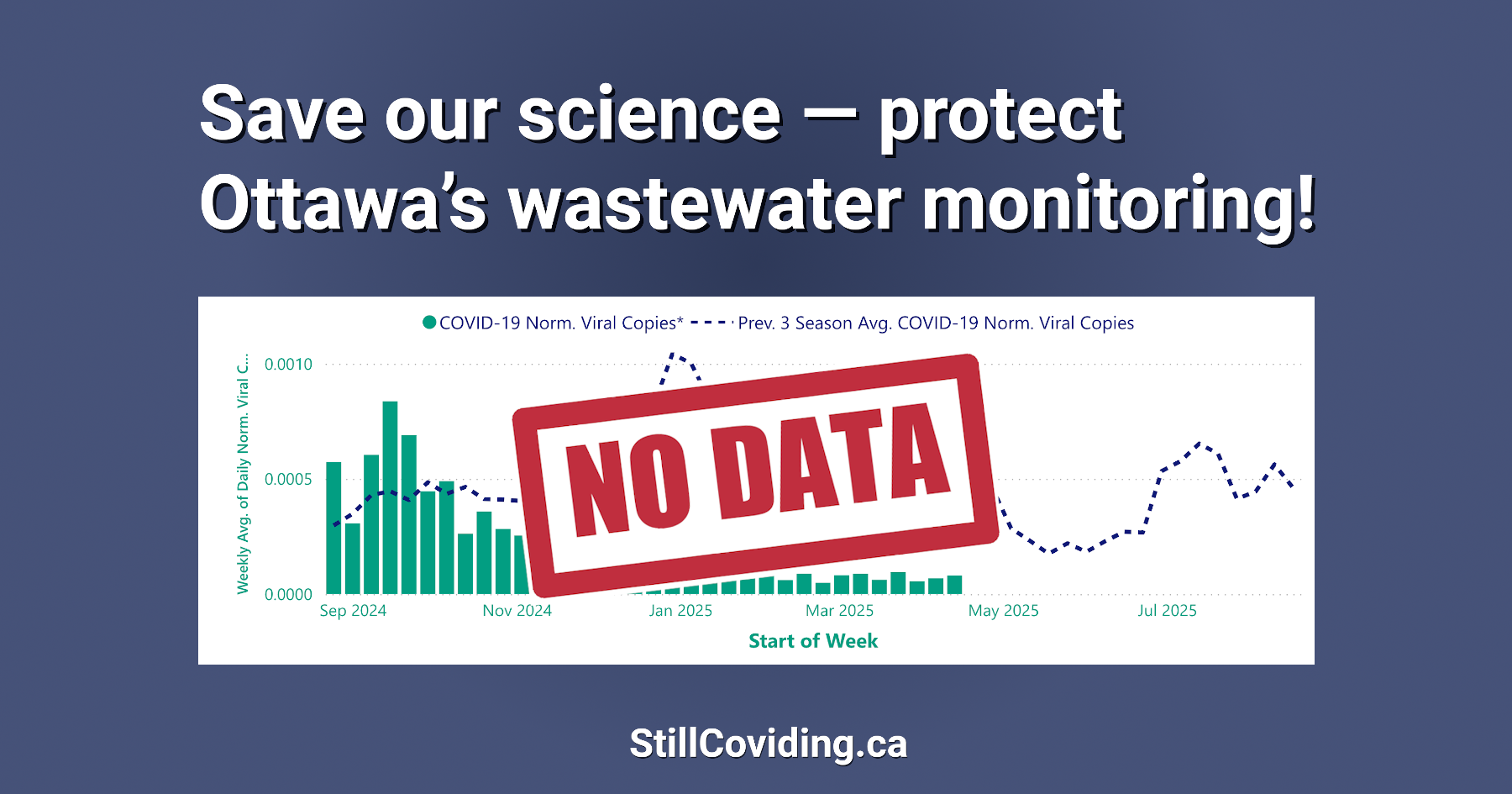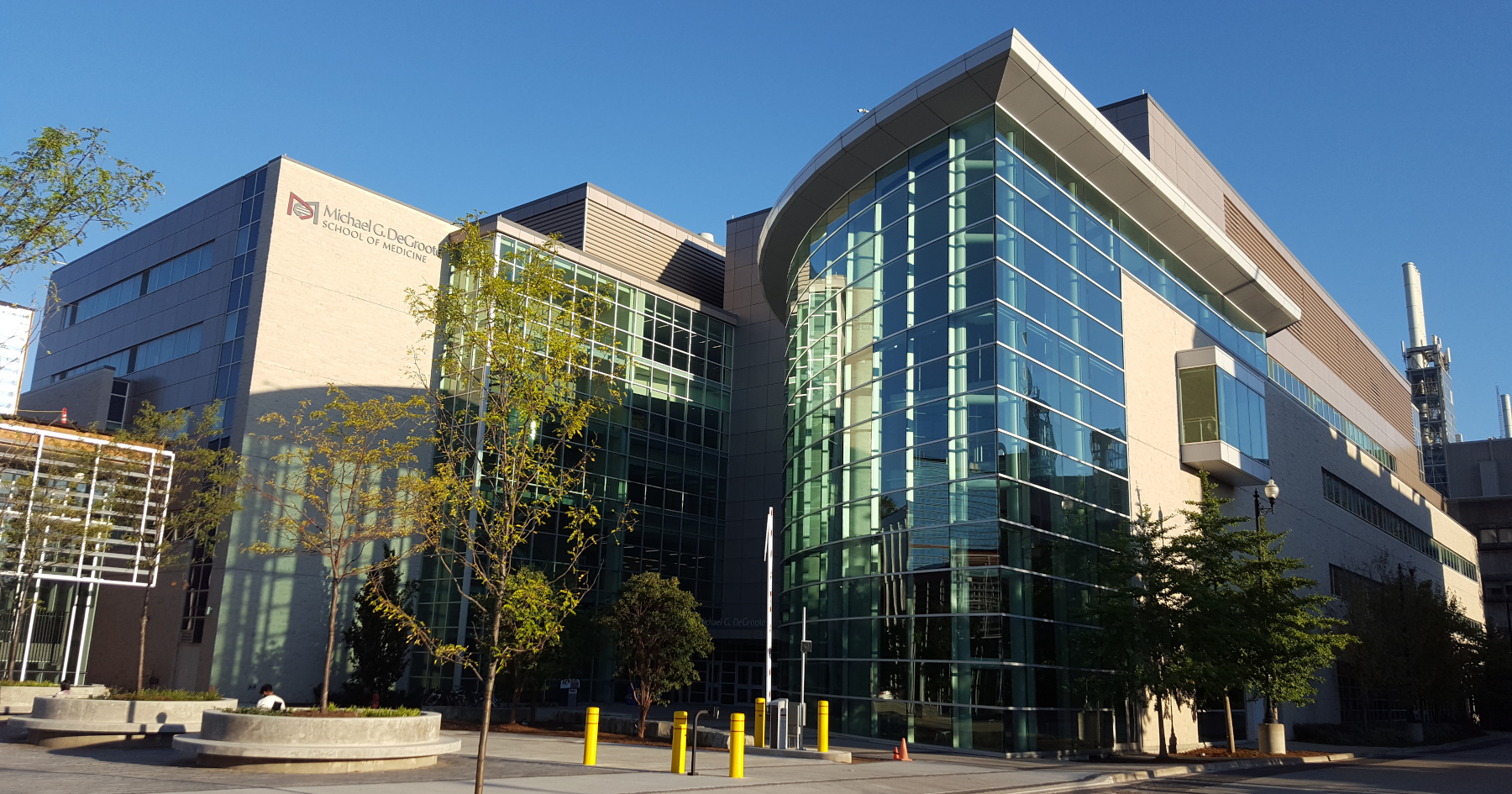There is a scene in a season 5 episode of ’80s sitcom The Golden Girls where one of the main characters, Dorothy, who has been…
Comments closedTag: Canada
Scientists have lost their jobs or grants in US cuts. Foreign universities want to hire them
As the Trump administration cut billions of dollars in federal funding to scientific research, thousands of scientists in the U.S. lost their jobs or grants…
Comments closedMeasles cases increase by 173 in Ontario, bringing outbreak’s total close to 1,800
TORONTO – Public Health Ontario says 173 more people have been infected with measles in the province over the past week, bringing the number of cases to 1,795 since the outbreak began last October.
“That’s 173 more cases than we want to see,” said Dr. Sarah Wilson, a public health physician at the agency.
Public Health Ontario’s weekly measles report, released Thursday, said the virus continues to spread primarily among people who have not been vaccinated.
Comments closedOntario reports nearly 200 new measles cases as virus spreads across Canada
Health officials say measles infected 197 more people in Ontario over the last week as the highly contagious disease emerged in new parts of the country.
That brings the province’s tally of probable and confirmed cases to 1,440 since an outbreak began in October.
Public Health Ontario’s measles report says there have been 101 hospitalizations, including 75 children. Eight patients have been in intensive care.
Nova Scotia and Northwest Territories each reported measles cases earlier this week, marking their first since this outbreak began.
Alberta reported yesterday that its overall case count had reached nearly 300 since mid-March, including three patients under the age of 18 in intensive care.
Saskatchewan updated its cumulative count to 27 cases today, a day after Manitoba reported it had reached 24 cases.
Measles has mostly infected unvaccinated children, infants and teenagers, with almost 500 cases in Ontario’s southwestern public health unit.
Comments closed1 case of measles confirmed in Nova Scotia
Nova Scotia is confirming its first case of measles.
Dr. Robert Strang, the chief medical officer of health, told a news conference Tuesday that the patient is an adult in Halifax who recently travelled to the United States. They went to the emergency department at the QEII hospital in Halifax on Sunday night.
“We were well prepared for this,” Strang said. “Appropriate steps were taken very quickly when this person came in for care to minimize exposure.”
Strang said the patient had one dose of the measles vaccine when they were younger, but did not receive the second. The Health Department said in a news release that “people generally need two [doses] to be fully vaccinated” against measles.
Comments closedMeasles exposure advisories sent to some Yellowknife parents
Letters warning of a “confirmed case of measles” were sent to parents of various Yellowknife schools on Sunday evening.
Initially, families at St Patrick High School and Weledeh Catholic School reported receiving an advisory that exposure occurred at St Pat’s – including areas shared with Weledeh – from 8am till 5:40pm on each of April 28, April 30 and May 1.
“All persons present at this venue during the time period are considered to be exposed and must follow public health guidance,” read the letter, issued by the NWT’s chief public health officer, Dr Kami Kandola.
Comments closedOttawa: Contact councillors — save our wastewater monitoring!
📣 Let municipal councillors know you want funding for wastewater monitoring to continue
✉️ Send letters to municipal councillors in Ottawa to voice your support for wastewater monitoring. Use our online tool to send emails.
Why take action? The funding for Ottawa’s wastewater monitoring program is currently set to expire in September 2025. Wastewater monitoring is an essential public health tool that provides insights into the spread of SARS-CoV-2 and other viruses in Ottawa. We need an early warning system to inform everyone about the prevalence of SARS-CoV-2 subvariants, influenza, avian flu, RSV, mpox, and other viruses.
Comments closedOttawa has its 1st confirmed measles cases of the decade
Ottawa has its first confirmed measles cases since 2019, part of the still-growing outbreak in many parts of the province.
Ontario has now reported 1,243 measles cases across 17 public health units, including 223 new cases in the week since its last update.
That includes new cases in Algoma Public Health in the Sault Ste. Marie area and Renfrew County’s health unit northwest of Ottawa.
Comments closedChronically ill artists honour International Awareness Month for chronic neuro-immune diseases
Vancouver’s Opera Mariposa presents month-long programme benefitting the ME | FM Society of BC
April 30, 2025 (Vancouver, BC) – This May, Canadian artists are rallying the community to support people with chronic and post-infectious illnesses. From May 1 to June 1, Vancouver’s Opera Mariposa is presenting their 2025 Benefit + Awareness Month: an all-digital charity extravaganza featuring art, prizes, and special programming benefiting the ME | FM Society of BC.
May is the International Awareness Month for chronic neuro-immune diseases, and Mariposa’s programming is created by and for people impacted by Myalgic Encephalomyelitis (ME or ME/CFS), Long Covid, and Fibromyalgia. These complex multisystem illnesses affect millions of people across Canada – and that number is rising, given that they can be triggered by viruses, including COVID-19.
Comments closedNew travel-related measles case found in the Lower Mainland
A new case of travel-related measles has been confirmed in the Lower Mainland this week.
Fraser Health says a traveller from Ontario who went to Vancouver and Chilliwack on April 20 has a confirmed infection of the virus.
Comments closed2 doses of COVID-19 vaccine recommended for Yukoners at higher risk of severe illness
In an April 24 press release, YG said it is acting on the advice of the Yukon’s chief medical officer of health, and the National Advisory Committee on Immunization.
Those who are eligible for the twice-per-year vaccination encompass multiple categories: people aged 6 months to 64 years who are moderately to severely immunocompromised due to an underlying condition or treatment; residents in long-term care homes and other congregate living settings for seniors; and adults 65 years or older.
Comments closedOntario reports 95 new measles cases, sending total above 1,000 since outbreak began
TORONTO – Public Health Ontario is reporting 95 new measles cases since last week, bringing the total number of people infected past 1,000.
It says a total of 1,020 people have had measles since the province’s outbreak began last October.
The agency says the ongoing rise in cases is “due to continued exposures and transmission among individuals who have not been immunized.”
Ontario School Safety Calls on Province for an Immediate Vaccine-PLUS Strategy to Tackle Current Measles Outbreak
Toronto, Ontario – [April 24, 2025] – In an urgent appeal to protect the health and safety of Ontario’s students, education workers, and families, Ontario School Safety (OSS) has issued an open letter asking the Ontario Provincial Government and Public Health Ontario for an immediate vaccine-PLUS strategy, which includes the essential role of healthy indoor air, to curtail the spread of measles. This critical request comes in the wake of concerning measles infection rates – as of April 17th, 2025, Public Health Ontario is reporting 925 measles cases in the province, more than five times the number of cases than the total number of cases over the last 12 years. Encouraging a vaccine-only strategy is insufficient due to barriers to access, and because measles spreads not only through direct contact with secretions or contaminated surfaces, but through the air we breathe.
Comments closedPossible treatments for long COVID at the centre of new Western study
More than 300 patients across four continents are at the centre of a Western long COVID study, which hopes to find an effective treatment for those who struggle with long COVID.
The study will look to trial two anti-inflammatory medicines as potential treatments, and hopes to bring into view people who struggle with the disease outside of North America.
“Despite the global prevalence of long COVID, patients report different symptoms and their presentation can be influenced by where they happen to live,” said Dr. Douglas Fraser, professor at Western’s Schulich School of Medicine & Dentistry. “A study with global reach, tailored to examine each patient’s most severe symptoms, has the potential to bring hope to people well beyond Canada and the U.S.”
Comments closedMeasles outbreak ends in Quebec as number of cases explodes in Ontario
The measles outbreak that began in Quebec in December has officially ended, the Ministry of Health has confirmed. The situation is quite different in Ontario, which has recorded more than 900 cases.
The spread has stabilized in Quebec in recent weeks, with the last recorded case dating back to March 18. Quebec has confirmed 40 cases of measles during this outbreak, with the vast majority (32 cases) in the Laurentians.
According to the government’s technical parameters for the management of measles cases, contacts and outbreaks in Quebec, the end of the outbreak is set at the 32nd day following the last presence of the last contagious case in an environment.
Comments closedIs Public Health Really Dead?
Local podcaster Daniella Barreto called her latest project Public Health Is Dead to capture her frustration with how leaders handled the COVID-19 pandemic.
“It seemed like all of these things we’re taught in school, like prevention being key and using evidence to make decisions, was thrown out the window,” Barreto told The Tyee. “Mask mandates were being taken away, people were increasingly getting long COVID, and I decided I needed to do something because people were not getting the information they needed.”
Launching the podcast in November 2024, Barreto used her background in public health, with a master of science in population public health from the University of British Columbia and a bachelor of science in health science from Simon Fraser University, to help explain what went wrong. So far she’s released five episodes and has many more in the works.
Comments closedVolunteers needed to test no-needle COVID vaccine made in Hamilton
A made-in-Hamilton COVID vaccine that requires no needles is moving to the next stage of testing and researchers are looking for volunteers to take part.
The vaccine that is inhaled instead of injected will be studied by McMaster University researchers with $8 million in funding from the Canadian Institutes of Health Research (CIHR).
Comments closedManitoba rolling out COVID-19 spring vaccination campaign for high-risk groups
Manitoba is rolling out a vaccination campaign for those at the highest risk of developing serious outcomes from COVID-19, aiming to get people vaccinated before summer, when virus circulation might increase, the province says.
Between May 1 and June 30, the province will make additional COVID-19 vaccine doses available for people who have already had a dose since last fall, but meet specific criteria.
The extra doses will be available to anyone age 65 or older, Indigenous people over the age of 45, residents of long-term care homes, and anyone age six months or up who is moderately or severely immunocompromised.
Comments closed




